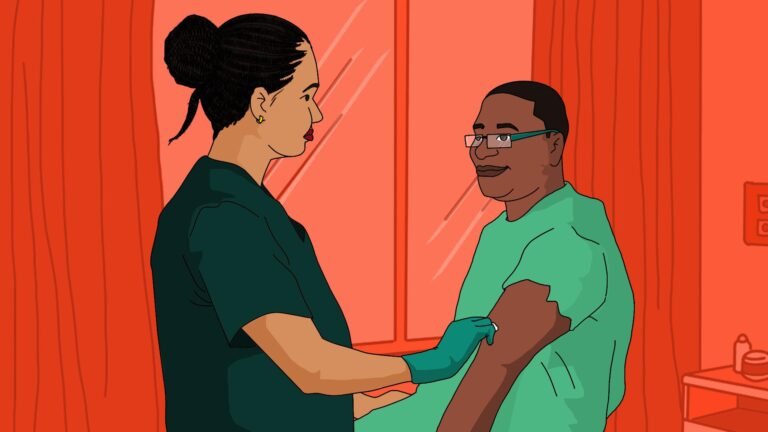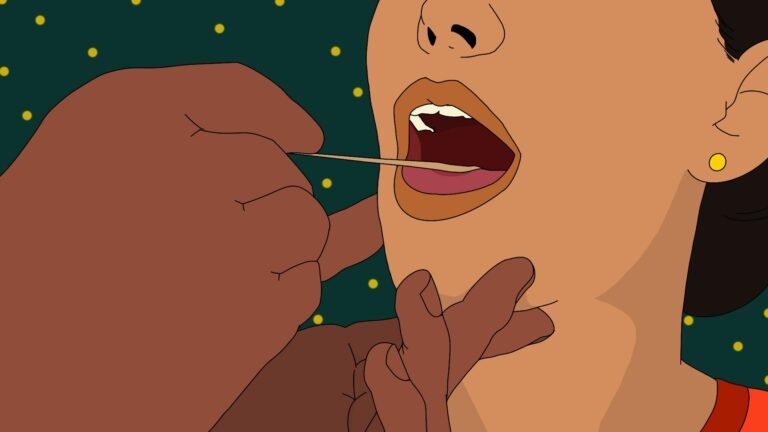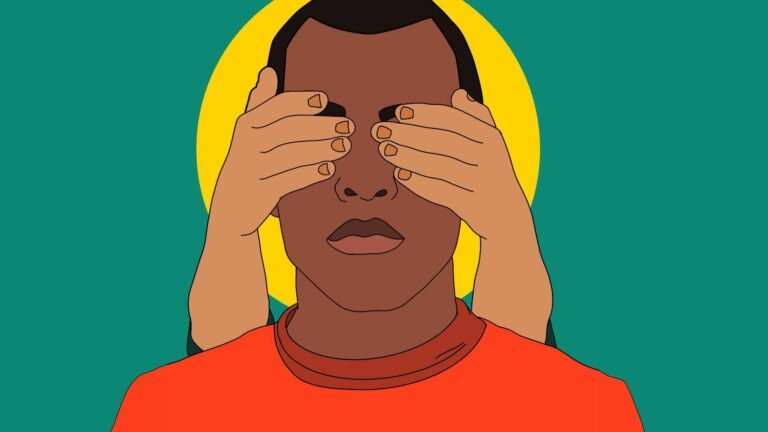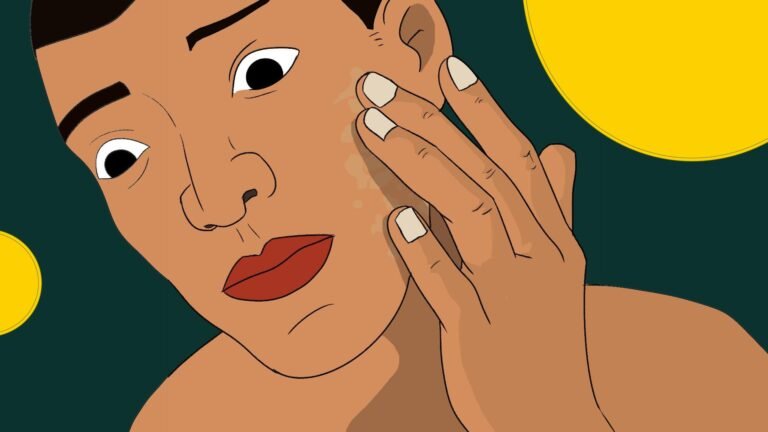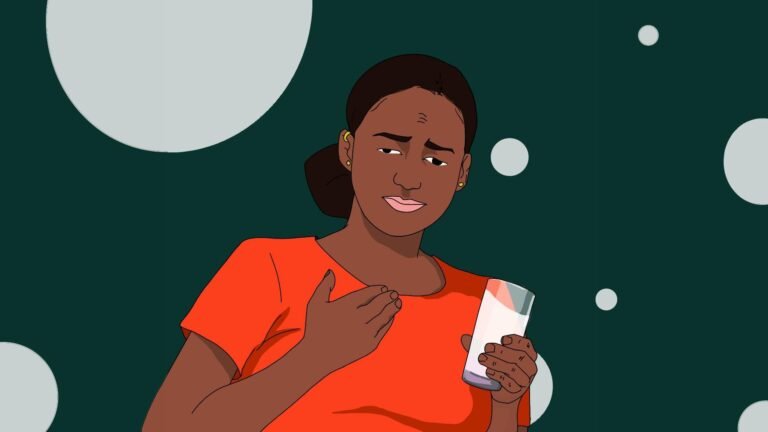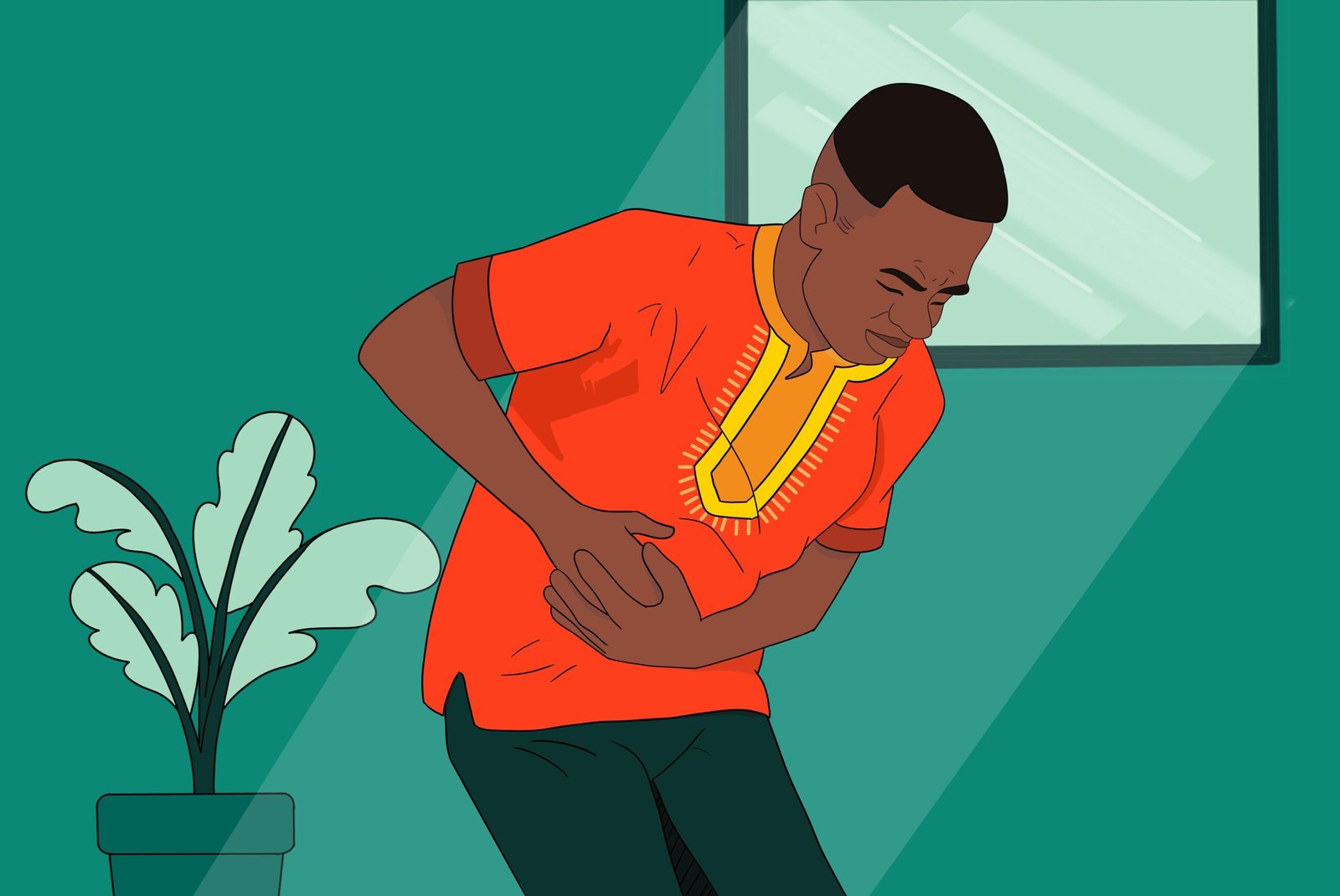
Appendicitis
What is appendicitis?
Appendicitis happens when your appendix becomes inflamed, likely due to a blockage. This can be acute when the pain starts suddenly or the pain can be chronic and lasts for many days. The appendix is a small finger-like pouch attached to the large intestine and not of much use to your body. It’s located in your lower-right abdomen. It is sometime called vermiform appendix because it weighs just like an earthworm.
What are some misconceptions about appendicitis?
Some people think that eating meals especially fruits like tomatoes or guava with their seeds can cause appendicitis. Others also think that exercising or jumping around after meals or eating a big meal after exercise can make you develop appendicitis. All these are not true.
In Ghana, some people think that eating cassava or cassava-based meals such as “gari” (grated cassava meal) can make you develop appendicitis but this is also not true.
What causes appendicitis and how does it develop?
It is most common in children and young adults between the ages 10 and 30 years old and occurs more frequently in males than females. People who have a family history of appendicitis are at heightened risk of developing it.
When your appendix becomes blocked, bacteria can multiply inside it. This can lead to the formation of pus and swelling, which can cause painful pressure in your abdomen. Appendicitis can also block blood flow to the appendix.
Left untreated, appendicitis can cause your appendix to burst. This can cause bacteria to spill into your abdominal cavity, which can be serious and sometimes fatal. Acute appendicitis is a severe and sudden case of appendicitis. Your pain tends to develop and intensify quickly over the course of 24 hours.
In many cases, the exact cause of appendicitis is unknown.
Experts believe it develops when part of the appendix becomes obstructed, or blocked by the following:
- A buildup of hardened stool as a result of constipation
- Enlarged lymph nodes around the appendix
- Intestinal worms
- Traumatic injury to the appendix
- Tumors
How is appendicitis treated?
If your doctor suspects you might have appendicitis, they will talk to you about your symptoms and medical history. They will then perform a physical exam to check for tenderness in the lower right part of your abdomen and swelling or rigidity. They may also examine your rectum. Depending on the results of your physical exam, your doctor may order one or more tests to check for signs of appendicitis or rule out other potential causes of your symptoms including urinary infections, urinary stones or pregnancy.
Your doctor’s recommended treatment plan for appendicitis will most likely involve antibiotics followed by surgery to remove your appendix. This is known as an appendectomy. Your doctor may also alternatively use pain relievers and intravenous fluids or a needle to drain any abscess as part of your treatment.
What could go wrong if appendicitis is not treated?
Appendicitis can cause serious complications if your appendix ruptures, which can cause fecal matter and bacteria to spill into your abdominal cavity. A ruptured appendix is painful and can lead to potentially life-threatening infection of your whole abdominal cavity and blood.
Your best option is to seek medical care for any abdominal pain as you might not be able to tell whether it is appendicitis or not.

